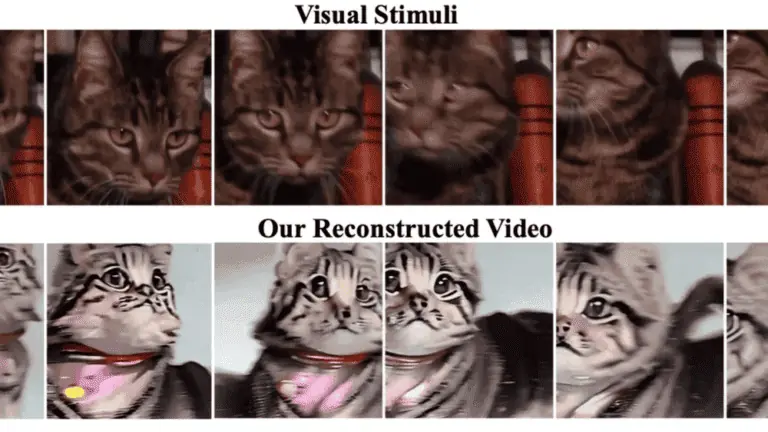
Introduction to MinD-Video
MinD-Video, a groundbreaking project developed by researchers Jiaxin Qing, Zijiao Chen, and Juan Helen Zhou from the National University of Singapore and The Chinese University of Hong Kong, represents a significant leap in the field of brain-computer interfaces. This project utilizes fMRI data and the text-to-image AI model Stable Diffusion to reconstruct high-quality videos directly from brain readings. The model, aptly named MinD-Video, is a two-module pipeline designed to bridge the gap between image and video brain decoding.
Special Features
MinD-Video's unique approach involves a trained fMRI encoder and a fine-tuned version of Stable Diffusion. This combination allows the system to generate videos that closely mimic the original content viewed by test subjects, with an accuracy rate of 85 percent. The reconstructed videos exhibit similar subjects and color palettes to the originals, demonstrating the model's proficiency in capturing both motion and scene dynamics.
Applications and Findings
The researchers highlight several key findings from their study. They emphasize the dominance of the visual cortex in visual perception and note that the fMRI encoder operates hierarchically, starting with structural information and progressing to more abstract visual features. Additionally, the model's ability to evolve through each learning stage showcases its capacity to handle increasingly nuanced information.
Future Prospects
The authors believe that MinD-Video has promising applications in neuroscience and brain-computer interfaces as larger models continue to develop. This technology could pave the way for advancements in understanding human visual perception and potentially lead to new interfaces that allow for more intuitive human-machine interactions.
Price Information
As of the latest information, MinD-Video is a research project and not yet available for commercial use. Therefore, pricing details are not applicable.
Common Problems
While MinD-Video shows great promise, it is still in the research phase. Common challenges in this field include the complexity of accurately interpreting brain activity, the need for extensive datasets to train such models, and the ethical considerations surrounding the use of brain-reading technologies.
AI Reconstructs ‘High-Quality’ Video Directly from Brain의 대안
더 많은 대안 보기 →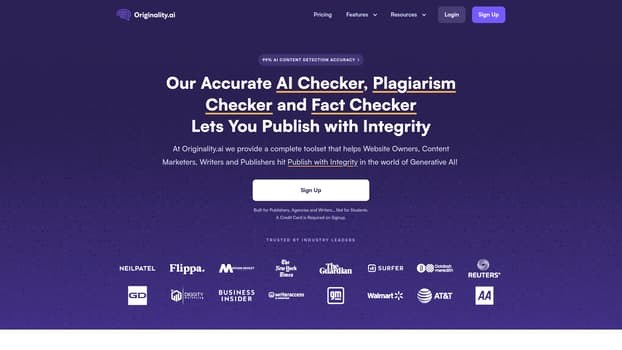
Originality AI
Originality.ai에서는 웹사이트 소유자, 콘텐츠 마케터, 작가, 출판사 및 모든 복사 편집자가 정직하게 게시할 수 있도록 돕는 완전한 도구 세트(AI 검사기, 표절 검사기, 사실 검사기 및 가독성 검사기)를 제공합니다.
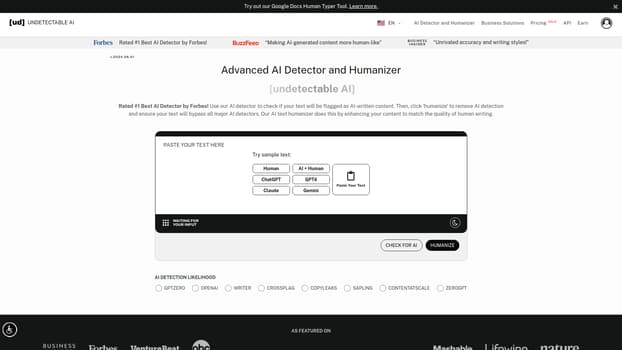
Undetectable AI
우리의 무료 AI 탐지기를 사용하여 생성된 AI 콘텐츠가 플래그가 지정될지 확인하세요. 그런 다음, AI 텍스트를 인간화하고 모든 AI 탐지 도구를 우회하려면 클릭하세요.
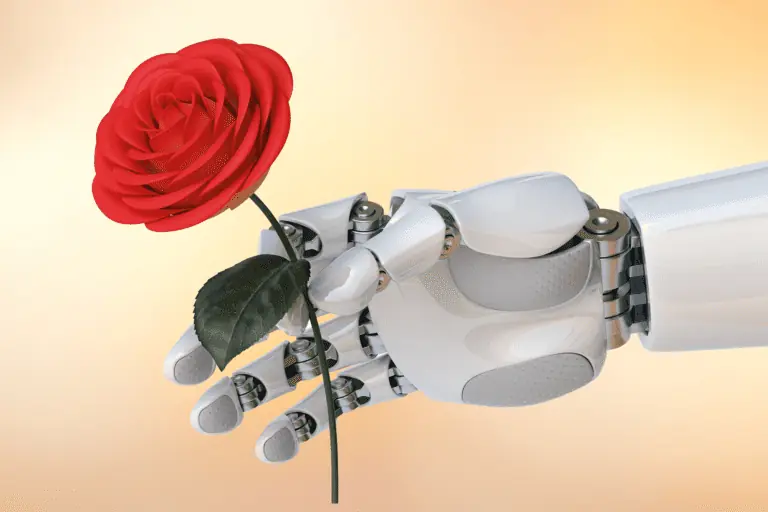
Teaser’s AI dating app turns you into a chatbot
Source: TechCrunch
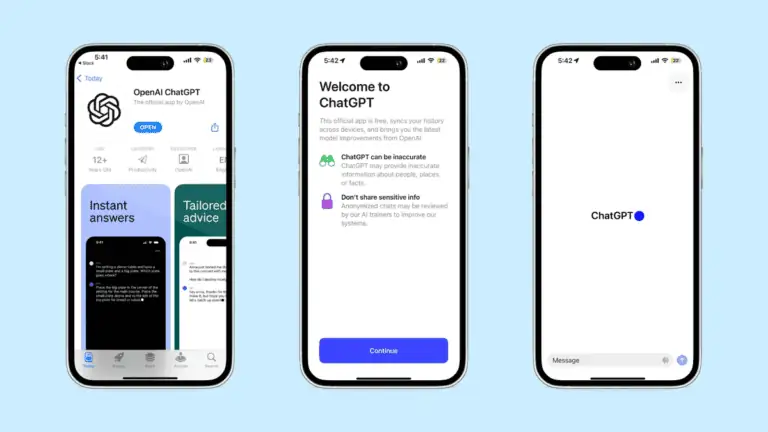
ChatGPT on iOS gets Siri Support
Source: The Verge
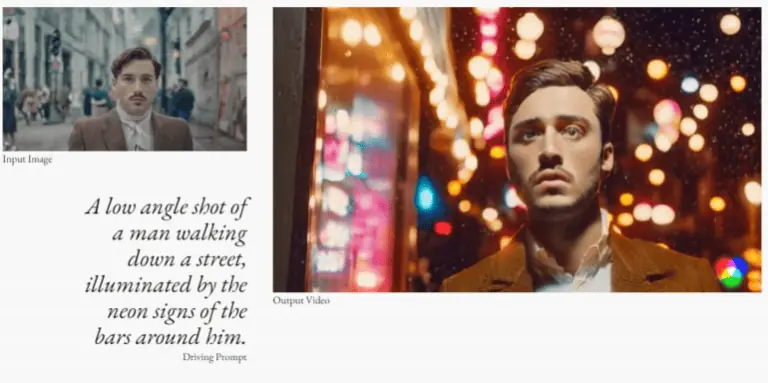
Runway’s Gen-2 shows the limitations of today’s text-to-video tech
Source: TechCrunch
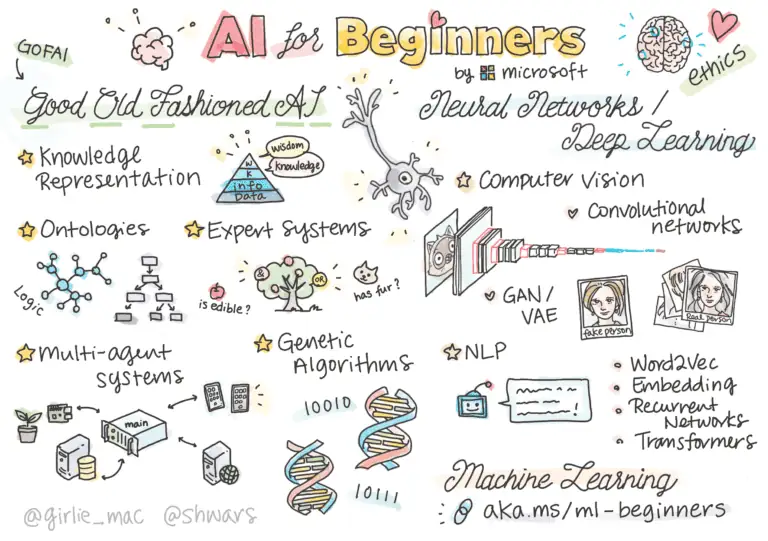
Microsoft new FREE AI courses for beginners
Source: Microsoft
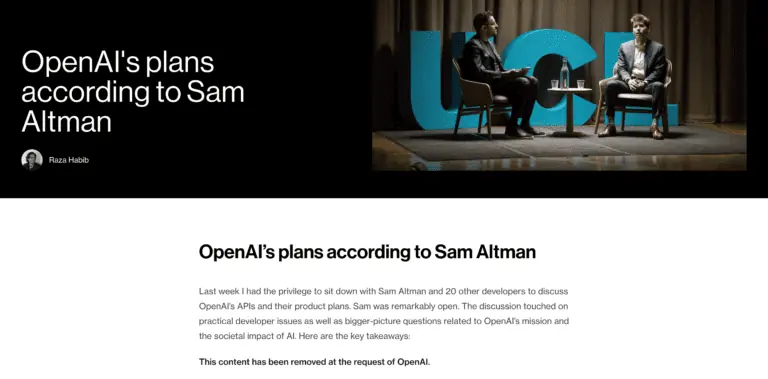
“OpenAI’s plans according to Sam Altman” removed by OpenAI
Source: Human Loop

Is AI Creativity Possible?
Source: GIZMODE

This new app rewrites all clickbait headline
Source: The Verge